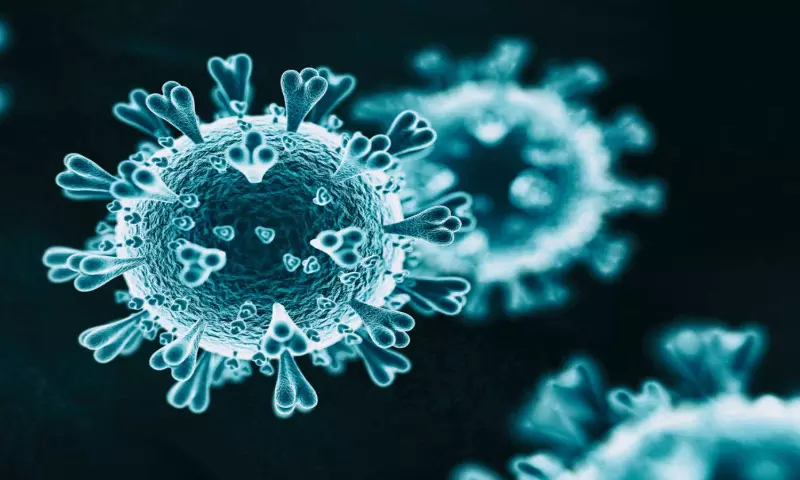SARS-CoV is more severe than SARS-CoV-2; NL63 shows milder symptoms: reveals IIT Madras study
By Newsmeter Network
Chennai: Researchers at the Indian Institute of Technology Madras (IITM) are studying the high transmission rate and mortality of SARS-CoV-2, the scientific name for the coronavirus that causes COVID-19. Using computational tools, the team studied its two close variants - SARS-CoV and NL63.
Pertinent to note that, SARS-CoV is more severe than SARS-CoV-2 whereas NL63 shows milder symptoms than SARS-CoV and SARS-CoV-2.
The team set out to understand how the spike proteins that enable the coronavirus to penetrate human cells and cause COVID-19 of these different virus strains are interacting with the ACE2 receptors of human cells and how this interaction is affecting their transmission potential and severity of the disease
The scientists set out to find the reason behind the mildness and severity of disease caused by these viruses. From the previous studies, it was realized that all three viruses gain entry to the human cell via ACE2 receptors.
Using various computational tools, the team found that the interaction area between spike protein and ACE2, surrounding hydrophobicity and interaction energy play a key role in deciding the severity and transmission potential of coronaviruses. The team also found that the distant cousin NL63 has unique ACE2 binding sites compared to SARS-CoV and SARS-CoV-2.
However, some of the binding site regions are conserved and any change in these regions is evolutionarily prohibited. Further, they found that less interaction area, surrounding hydrophobicity and interaction energy for the interface residues are the main reasons for the mild severity of NL63 coronavirus.
In the future, the researchers are all set to conduct a deeper analysis of the binding regions to know which kind of minimal mutations severely affect the binding of viruses – S-proteins and ACE2 protein through experimental studies. Such a study, the researchers said, will help find ways to reduce the gravity of the severe disease-causing coronaviruses and develop effective therapeutic interventions.
Elaborating on the objectives of the study, Prof. M. Michael Gromiha of IITM's department of biotechnology said, "Coronaviruses are not new to humans. Coronavirus such as NL63 causes only mild symptoms. There exist some common functional aspects among NL63 and viruses such as SARS-CoV and SARS-CoV-2, both of which are relatively severe. This brings up several questions, like have these viruses evolved from the same ancestor or why do they cause different mortality rates or if we have immunity for mild NL63, then is it possible that we may have some degree of immunity towards the wild ones? Our effort is to find answers to these questions to an extent possible by studying the interaction mechanism of these viruses with the organs of the human body."
The research team was led by Prof. Gromiha and Dr. Puneet Rawat and Dr. Sherlyn Jemimah, research scholars from IITM. The team collaborated with Prof. P.K. Ponnuswamy, former Vice-Chancellor of the University of Madras. The research findings of this study have been published in the reputed peer-reviewed international journal 'Proteins: Structure, Function, Bioinformatics'.